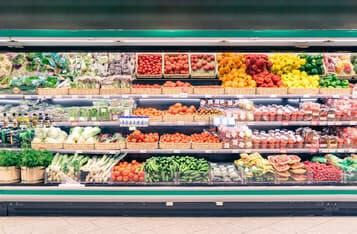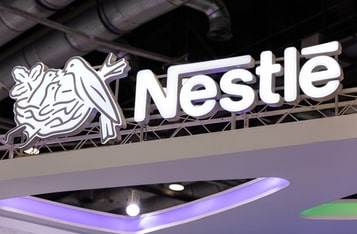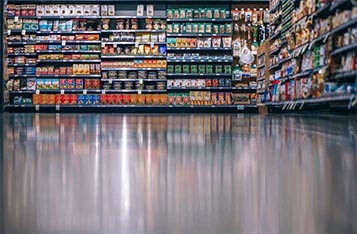Search Results for "supermarket"
South African Supermarket Chain Pick n Pay Starts Accepting Bitcoin Payments
The development of Pick n Pay means that South African shoppers can now purchase food and other goods online with Bitcoins.
Mastercard Blockchain to Trace Produce for the Largest American Food Group
Mastercard is collaborating with Envisible, a supply-chain company, to allow the traceability of the origin of food products via Mastercard's blockchain-based Provenance Solution.
Nestle Partners with Carrefour To Track Origin of Baby Milk Products Using Blockchain
The adoption of blockchain has great impacts on supply chain management and all activities related to the production processes of an organization. The latest news indicates that Nestle and Carrefour have partnered to track the supply chain of baby milk products using blockchain.
Yonghui, Hema among supermarkets singled out by China's food safety watchdog for breaches
Market regulator highlights 11 cases where supermarkets and online platforms sold food products that did not meet national food safety standards
Blockchain-Powered Donation Tracking Platform Shanzong Seeks to Propel Transparency Amid Coronavirus Scare
With coronavirus having claimed more than 1,800 lives, capturing vital statistics is fundamental in having it curbed. Shanzong, a blockchain-enabled donation tracking platform, has been established in China to boost efficiency and transparency of giving.
Spanish Researchers Deploy AI and Blockchain-Powered App to Tame COVID-19
At least 100 Spanish researchers from the University of Salamanca, the Artificial Intelligent Research Institute, and the Institute of Biomedical Research of Salamanca have joined hands to design an AI and blockchain-based app to picture the evolution of the coronavirus (COVID-19) pandemic. Their objective is flattening this pandemic’s curve as it has wreaked havoc across the globe.
Brexit issues on Supply Chain tacked using blockchain
Since the 1980s, Global Trade has multiplied by a factor of 3.5 but the Global Supply Chain has not kept pace. In fact, the World Trade Bank estimates that inefficiencies in Global Supply Chain are costing as much as USD 2 trillion of the overall USD 16 trillion market.






